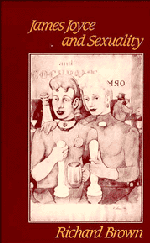2 - Emissio seminis inter vas naturale
Published online by Cambridge University Press: 01 March 2011
Summary
The new science of sexuality
The institution of marriage, as I outlined in the last chapter, was increasingly challenged throughout the nineteenth century, its prescriptive ideals falling foul of the newer rationalistic and humanistic mood of the times. Marriage was a focus for a wide variety of contemporary concerns but the debates about its nature and validity were not isolated. They were allied to equally important changes in attitudes to the whole of the sexual life. We might say that it is a new emphasis on questions of sexuality, as opposed to questions of marital legitimacy, as well as a new understanding of what sexuality might be, that most characterizes the modern scene.
One way in which writers like Freud, Krafft-Ebing and Havelock Ellis may be seen as inaugurating a modern understanding is in their common desire to establish a new scientific or pseudo-scientific basis for the investigation of sexuality. Such movement towards scientificity is, in Foucault's account, a more significant development than any change from Victorian ‘repression’ to modern ‘toleration’. However it is also important to note that the work of these writers seems to recognize the importance of a new idea of sexuality: an idea that seemed somehow unavailable to the previous generation of writers.
- Type
- Chapter
- Information
- James Joyce and Sexuality , pp. 50 - 88Publisher: Cambridge University PressPrint publication year: 1985



